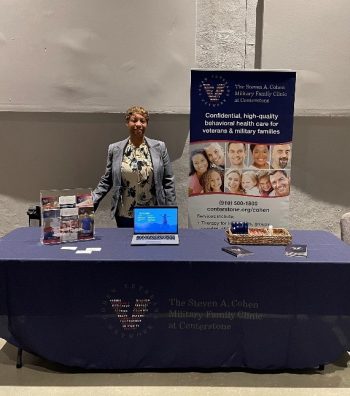Home /
Celebrating BIPOC Mental Health Awareness Month All Year Long

July is Black, Indigenous and People of Color (BIPOC) Mental Health Awareness Month, formerly known as “Minority Mental Health Awareness Month.” Why use the term “BIPOC” Mental Health Awareness Month instead of “Minority Mental Health Awareness Month? Because the way we talk about things can influence the way we think about them.
What’s In a Name?
Why are we updating the way we refer to Minority Mental Health Awareness Month to BIPOC Mental Health Awareness Month? Using terms like “minority” or “marginalized” refers to BIPOC communities in terms of quantity instead of their quality. The word “minority” also emphasizes the power differential between “majority” and “minority” groups and can make BIPOC feel as though “minority” is synonymous with inferiority. We use “BI” in addition to “POC” for people of color to uplift the unique experiences of Black and Indigenous individuals and communities.
Understanding the Why: Access
In addition to accurately capturing who this month acknowledges, it is important to understand why the awareness month is needed. In many ways, it comes down access.
Every year millions of Americans are faced with the reality of living with a mental health condition. These conditions do not discriminate based on race, color, or identity, and anyone can experience the challenges of mental illness regardless of their background. However, a person’s background and identity can make access to mental health care much more difficult to obtain.
For BIPOC, barriers to mental health care access may include: insurance coverage, cost of treatment, language, prejudice and discrimination, cultural stigmas, having transportation and even one’s geographic location.
“At the Steven A. Cohen Military Family Clinics at Centerstone reducing barriers to mental health care treatment is at the heart of everything we do. We believe all of our military families have earned the right to high-quality mental health care,” Lisa Eggebeen, Regional Director of the Cohen Clinics at Centerstone said. “We understand seeking and receiving care can be challenging for numerous reasons and will do everything we can to break down those barriers whether they involve transportation, child watch or financial concerns.”
Cohen Clinics at Centerstone provide compassionate, accessible mental health care to all post 9/11 veterans, active duty service members and their loved ones regardless of discharge status, role or time in service and regardless of one’s ability to pay. Each clinic also offers telehealth services alleviating transportation concerns. For more information on the Cohen Clinics at Centerstone.


